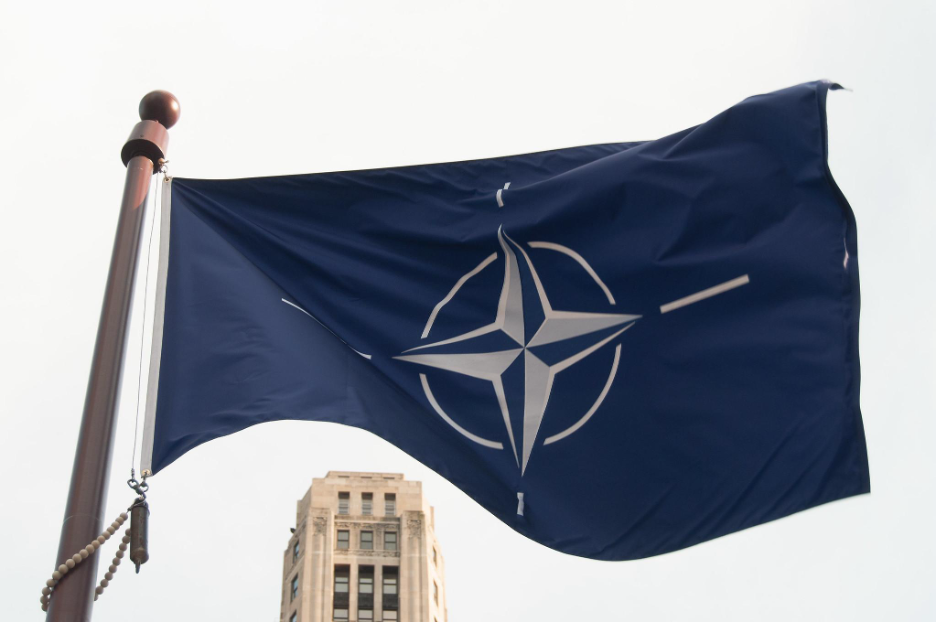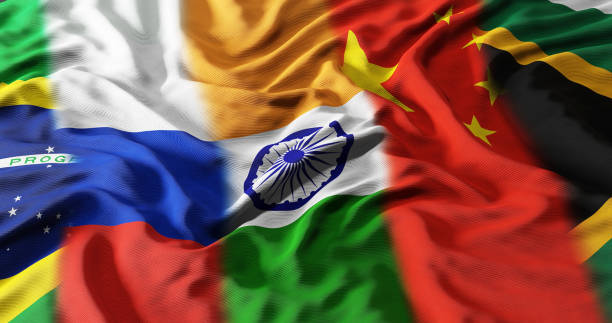
The Young Professionals Interview Series is geared toward undergraduate students and recent graduates interested in learning more about how YPFP staff members have broken into the field of foreign policy, and what advice they may have for their younger colleagues.
This week, Elizabeth Cutler, project associate at DAI and acting president of YPFP, discusses the correct way to choose internships, the virtues of politeness, the benefits of participating in an improv group, and more.
Profile
Name: Elizabeth Cutler
Members Since: November 2011
Current Job: Project Associate at DAI
YPFP Positions:
- Acting President, March 2015–Present
- Senior Vice President, April 2014–March 2015
- Associate Director/Director, Human Capital, November 2011–April 2014
Education:
- Democracy & Governance (MA), Georgetown University (2011)
- Politics major and Spanish minor (BA), Occidental College (2009)
1) What did you want to do before you went to college?
I thought that I wanted to do something in international relations, possibly involving a law degree or in journalism—to be honest, I wasn’t really sure, just that I wanted to study international issues and pursue something in that general area.
2) How did your career choice evolve throughout school?
One of the most important things I learned was the distinction between relations between nations and within nations—I realized that I was interested in how citizens connect with systems of power all over the world (including within the United States) and somewhat less interested in how governments interact with each other. This was a huge revelation for me since I’d always assumed I’d major in IR, but realized that I could still study the international issues I wanted to study in my college’s Politics department while focusing more on the sub-topics that interested me the most. Though I still didn’t know much about international development as a professional field when I graduated from college, I was definitely already on that path just based on what I studied and was most excited about in school.
3) Did you receive any special training or schooling that led you to your current job title? And if so, what was it?
The career center at Georgetown—but specifically the fabulous Anne Steen—is how I learned about informational interviews, networking, and everything else I needed to make the most of my time in grad school in D.C. That I am still in touch with Anne as well as a wide network of alums from my program is truly the gift that keeps on giving long after my time in the formal classroom ended.
4) If you weren’t in the foreign affairs world, what would be your alternative, pie-in-the-sky dream job?
Screenwriter or writer for Saturday Night Live.
5) If you could meet a deceased famous historical figure who would it be and why?
Too many to count, but if I had to choose I’d say Alice Paul. I admire her work in the suffragette movement tremendously and would love to meet someone willing to sacrifice so much to achieve women’s right to vote. Plus, my great-grandmother was a suffragette, so it has even more personal meaning to me.
6) What do you know now that you wish you could tell your undergraduate self?
So many things! Mainly to take a deep breath, calm down, and just enjoy the ride. That’s something I still struggle with sometimes so it’s not too late to take my own advice! I had a great experience in college overall, but definitely went through some very high-stress times when it seemed like a given class or exam was the most important thing I was ever going to do in life. They weren’t. That said, I would also tell my undergraduate self not to procrastinate on taking my math and statistics requirements. Don’t put these off until senior year and hire a tutor! Also, listen to your mother and take more history and English classes. Just don’t tell her I said that.
7) What should college students be doing while they are in college to ensure they get a job after graduation?
Pursue and choose internships and/or part-time jobs based on what tangible skills you will gain there, not on how impressive the title or organization may sound. I’d much rather hire someone who did real work at a small organization I may not have heard of before than someone whose title sounds cool but actually did very little. Also make sure to take advantage of career counseling and related resources on campus.
8) What are your interests outside work and YPFP?
I am in an indie improv troupe, The Carmichaels, which I came to after taking classes at the Washington Improv Theater. Improv is a wonderful way to be creative, learn new ways of relating to people (and ourselves), and just have a ton of fun. I truly believe that everyone can benefit from taking even just one introductory improv class! I also read as much as I can, which is not nearly as much as I’d like. I love to cook, travel, and spend time with friends and family.
9) How did your career choice shape your job search? What do you consider to be the most important searching techniques?
Washington, D.C. is a surprisingly small town when it comes to people connecting and worlds colliding, and I have found this to be especially true in the foreign affairs arena. This isn’t really a job search technique per se, but I think that being a friendly, polite person really goes a long way when you never know who might connect you to your next job or opportunity. Networking is more than passing a business card around at a happy hour or conference—it’s a state of being.



